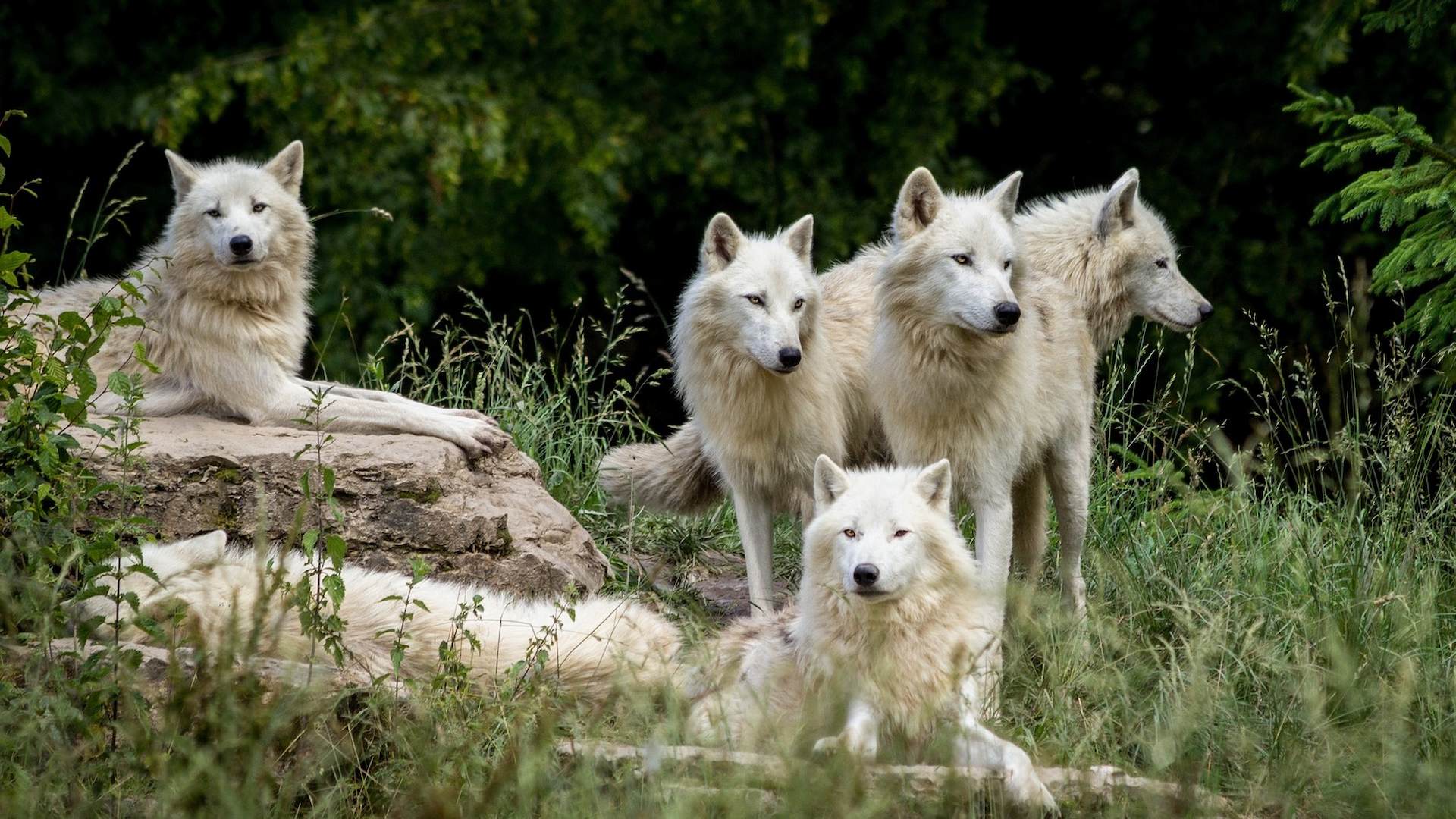Heather joined CBI in August 2003. She is a landscape ecologist/GIS specialist whose work has focused on predicting effects of land management and landscape change on vertebrates with spatially explicit habitat, population, and connectivity models. She has over 10 years of experience in applied ecological GIS analysis and modeling. Heather graduated from Middlebury College with a B.A. in environmental studies, and received master’s degrees in biology from William Paterson University and geography from Oregon State University. Her recent work at CBI has focused on the conservation of fishers, martens, and other carnivores in the Sierra Nevada.
Alexandra Syphard is a research ecologist who investigates landscape change that results from the interplay between human and natural disturbances, especially wildfire, urban development, and climate change. She uses a variety of spatial analytical and modeling methods to investigate how change has occurred in the past, how it is likely to occur in the future, and what types of ecological impacts are likely to result. She also envisions how alternate management scenarios may differentially impact the biological and social integrity of different landscapes. Alexandra works on issues related to vegetation dynamics and wildfire in Mediterranean ecosystems; fire science and ecology; effects of multiple threats to native vegetation communities; biogeography and species distribution modeling; land use / land cover change; and the influence of humans on fire regimes.
Before joining CBI in 2007, Alexandra earned her PhD in Geography from San Diego State University and the University of California, Santa Barbara in 2005. Alexandra also received a BA in English from the University of Mary Washington, a Masters of Public Health at the Medical College of Virginia, and a Masters in Environmental Studies at Virginia Commonwealth University. She also completed a postdoctoral research fellowship in the Department of Forest Ecology & Management at the University of Wisconsin, Madison and a postdoctoral fellowship in the Department of Biology at San Diego State.
In her free time, Alexandra enjoys playing guitar, riding her Vespa scooter, running or practicing yoga, traveling to different countries, and drinking a good cup of coffee with her family and friends.
Brendan Ward joined the Conservation Biology Institute in December 2007 and is now a CBI associate. He has brought experience in GIS, spatial analysis, ecological modeling, and software development to the institute. Brendan has a passion for harnessing computer power to advance conservation science and ecological research. He aspires to contribute to model and data fusion, to enable a greater degree of synthesis and cross-pollination across disciplines to fully catapult ecology into the information age.
Kai Foster is a Project Manager/GIS Analyst with professional and academic experience working with diverse communities on a broad range of environmental issues. In 2008, she joined Conservation Biology Institute focusing her attention primarily on protected areas in the United States. Before joining the CBI team, Kai spent three years working with communities in Western Alaska mapping areas of cultural and ecological significance. Her interest in the relationship between people and landscapes has brought an appreciation and understanding to her current work in protected areas.
Jerre has worked with CBI for 16 years as a conservation ecologist in endangered species research and landscape-scale conservation planning and management of natural resources in the U.S., Europe, and Mexico. She is passionate about developing and orchestrating partnerships among the academic community, government agencies, non-governmental organizations, and land managers to leverage funds and information for achieving conservation goals. Throughout her career, Jerre has researched and developed priorities for conservation and funding in California and Baja California, resulting in the acquisition and management of hundreds of thousands of acres for conservation, including the 240,000-acre Tejon Ranch in the Tehachapi Mountains, Donner Summit and Martis Valley in the Sierra Nevada (>15,000 acres), >100,000 acres in San Diego County, and Bahía de San Quintín in Baja California (>5,000 acres). She is project director for the Las Californias Binational Conservation Initiative which promotes creation of a binational park along the Peninsular Ranges of California and Baja-California. She has directed conservation planning, management, and monitoring for California’s Natural Community Conservation Planning programs in southern California, developed a regional program for coordinating management and monitoring in San Diego County, and currently works with land managers and researchers to develop management and monitoring plans for these programs. She coordinated development of the population monitoring framework for the six subspecies of Island Fox on the California Channel Islands and, through a grant from the David and Lucille Packard Foundation, developed a science-based regional planning framework for wind energy in the Tehachapi Mountains and southern Sierra Nevada. She serves as a science and education advisor for several land trusts. As a member of the board of Terra Peninsular, she is active in conservation in Baja California.
